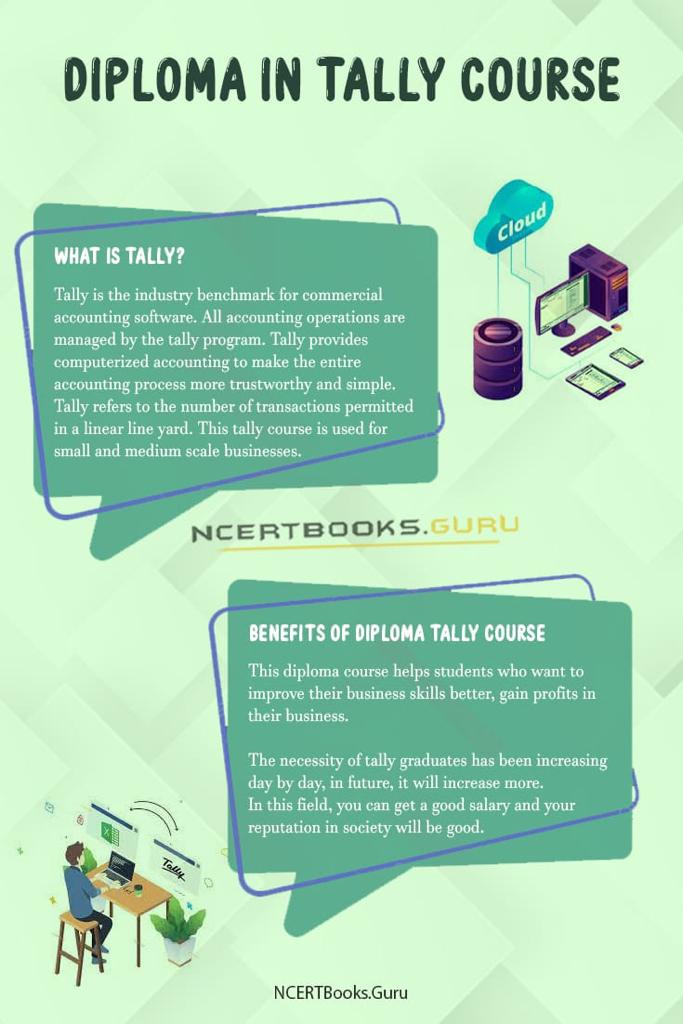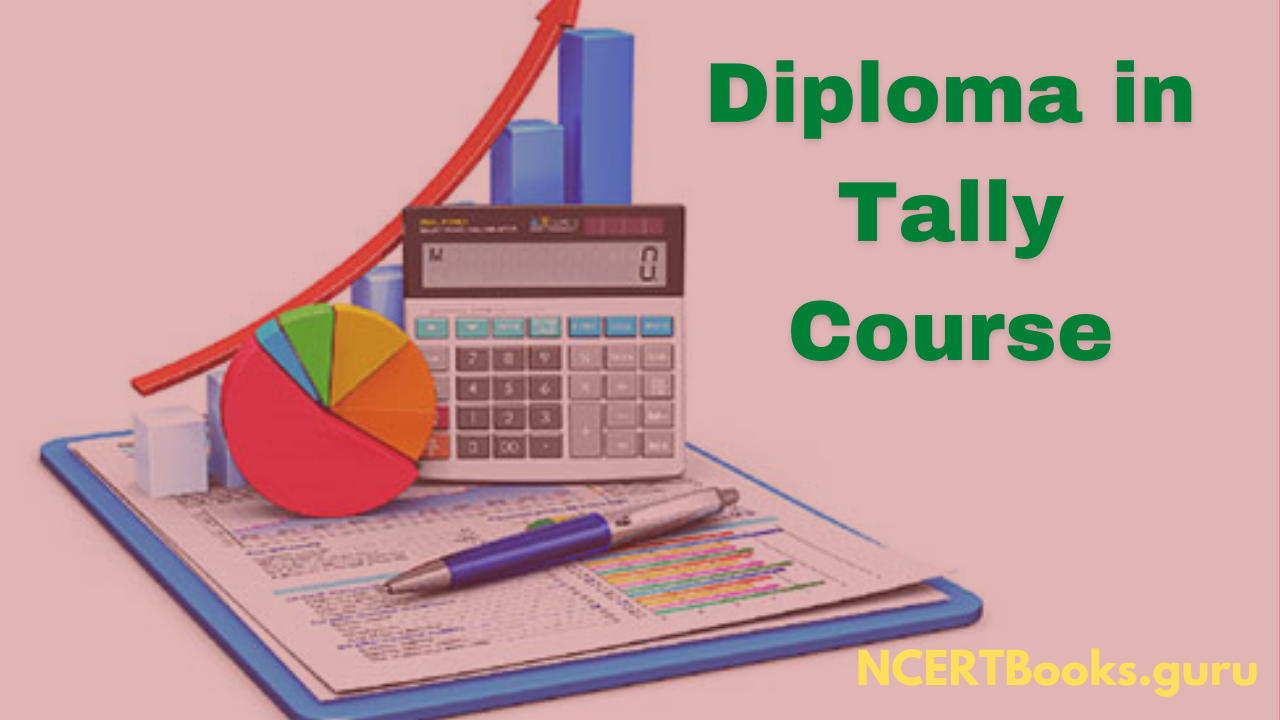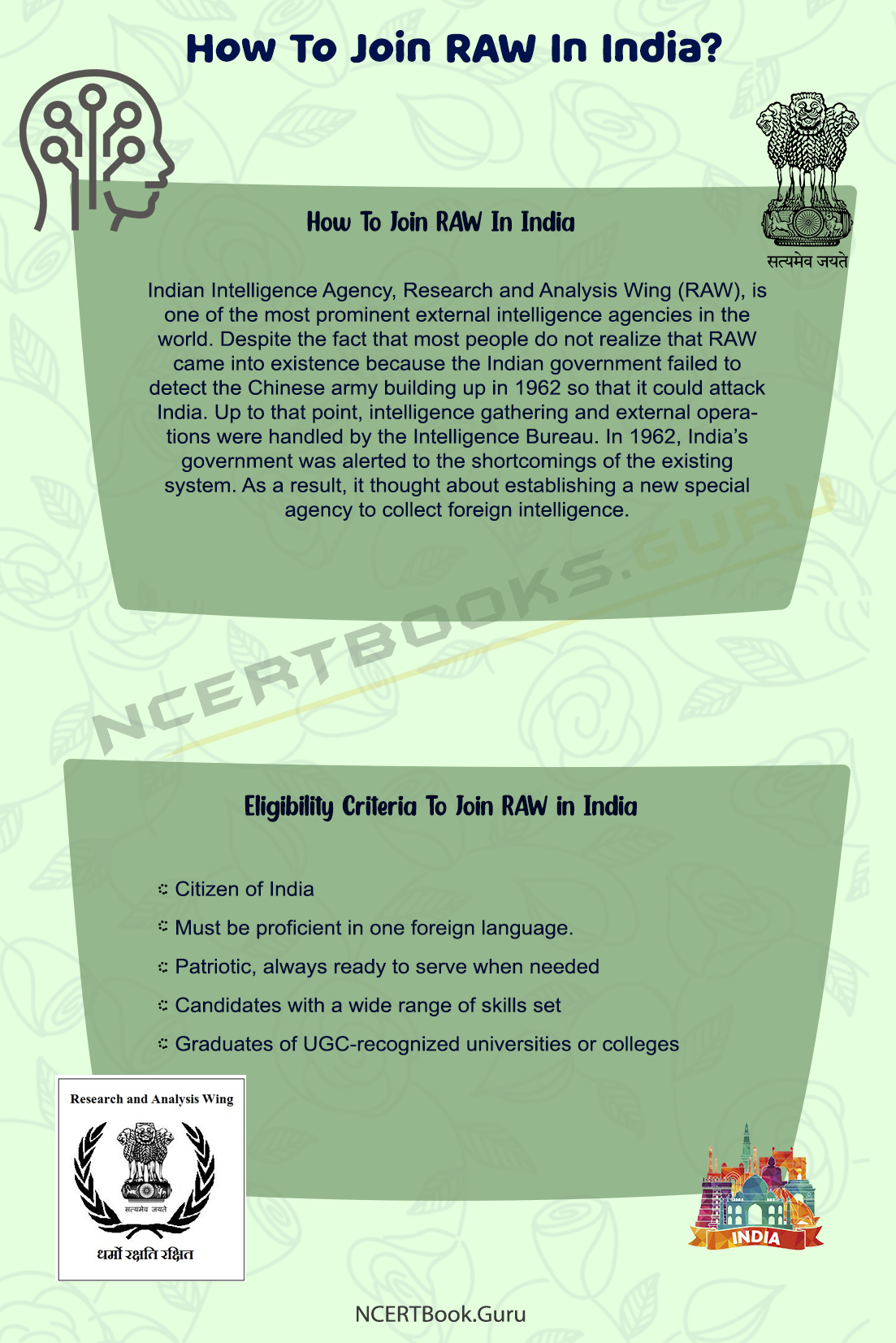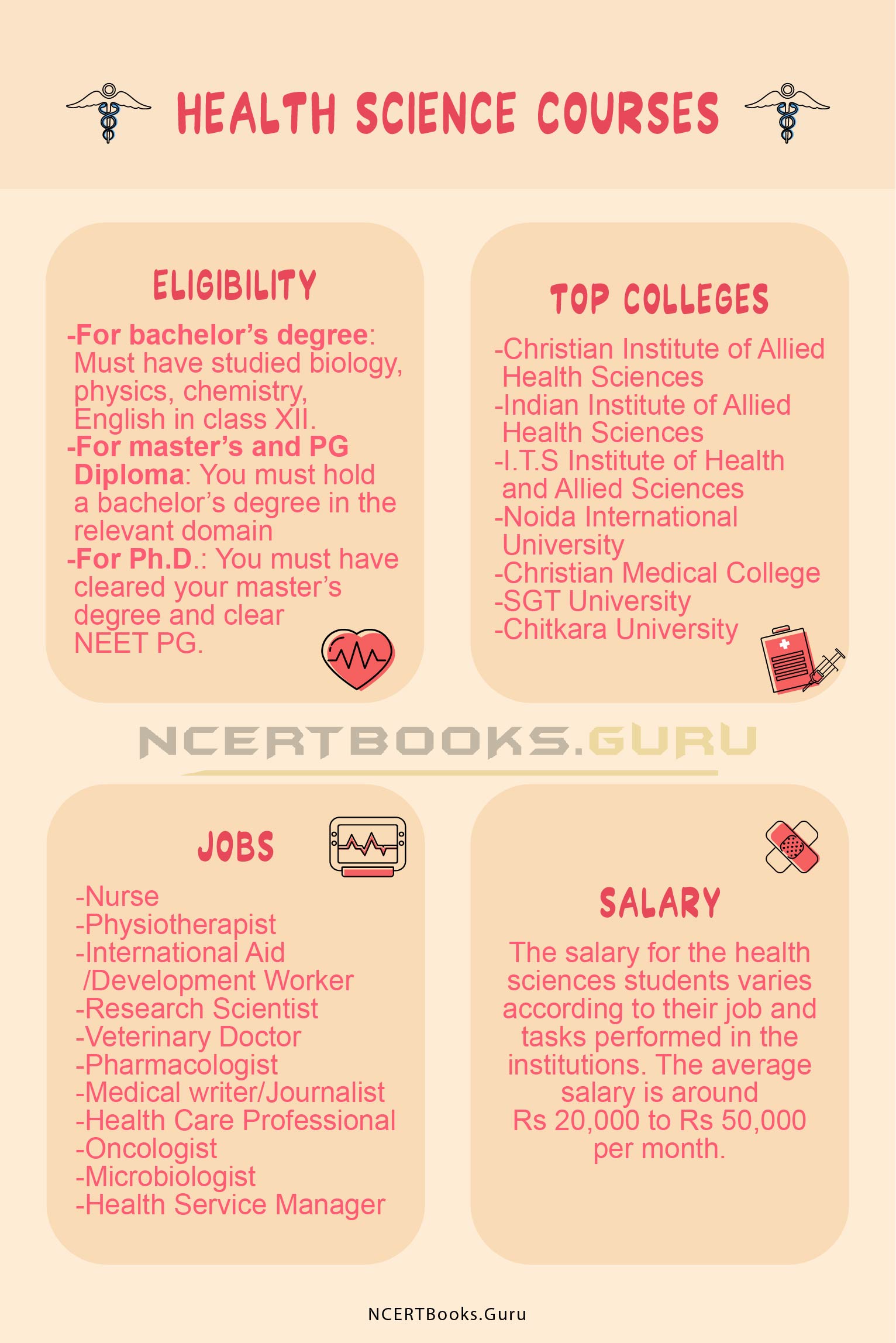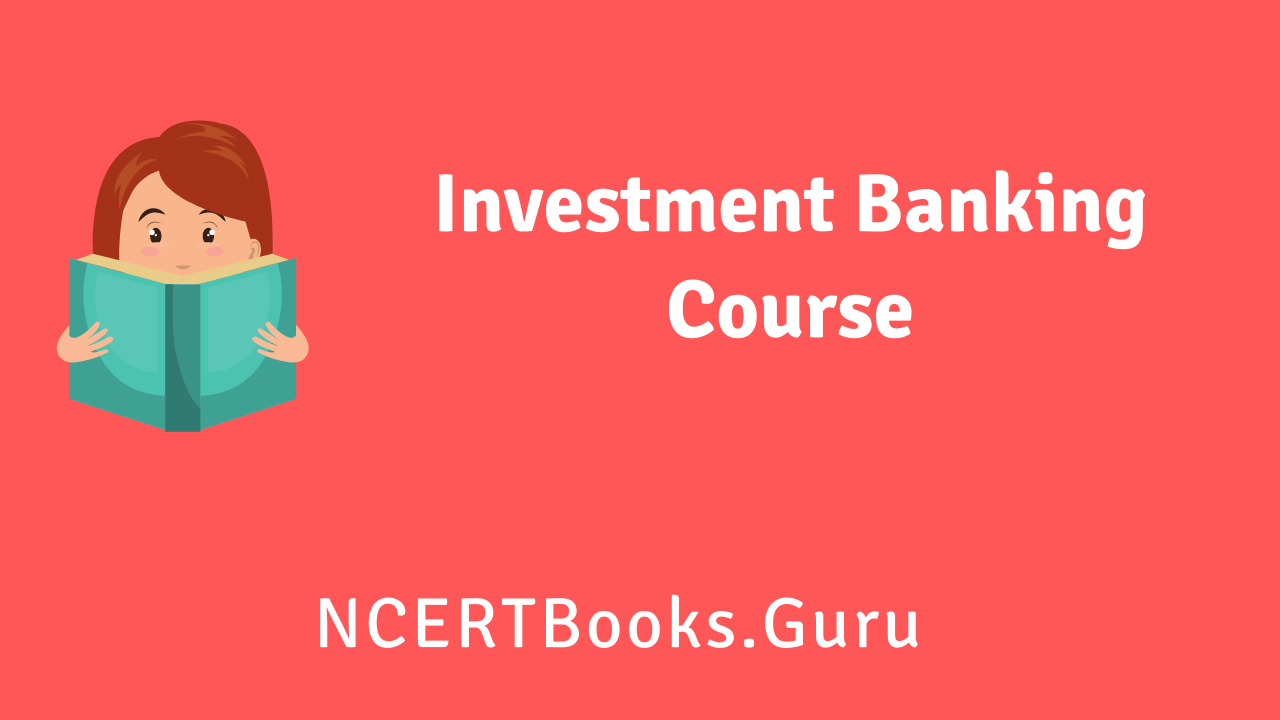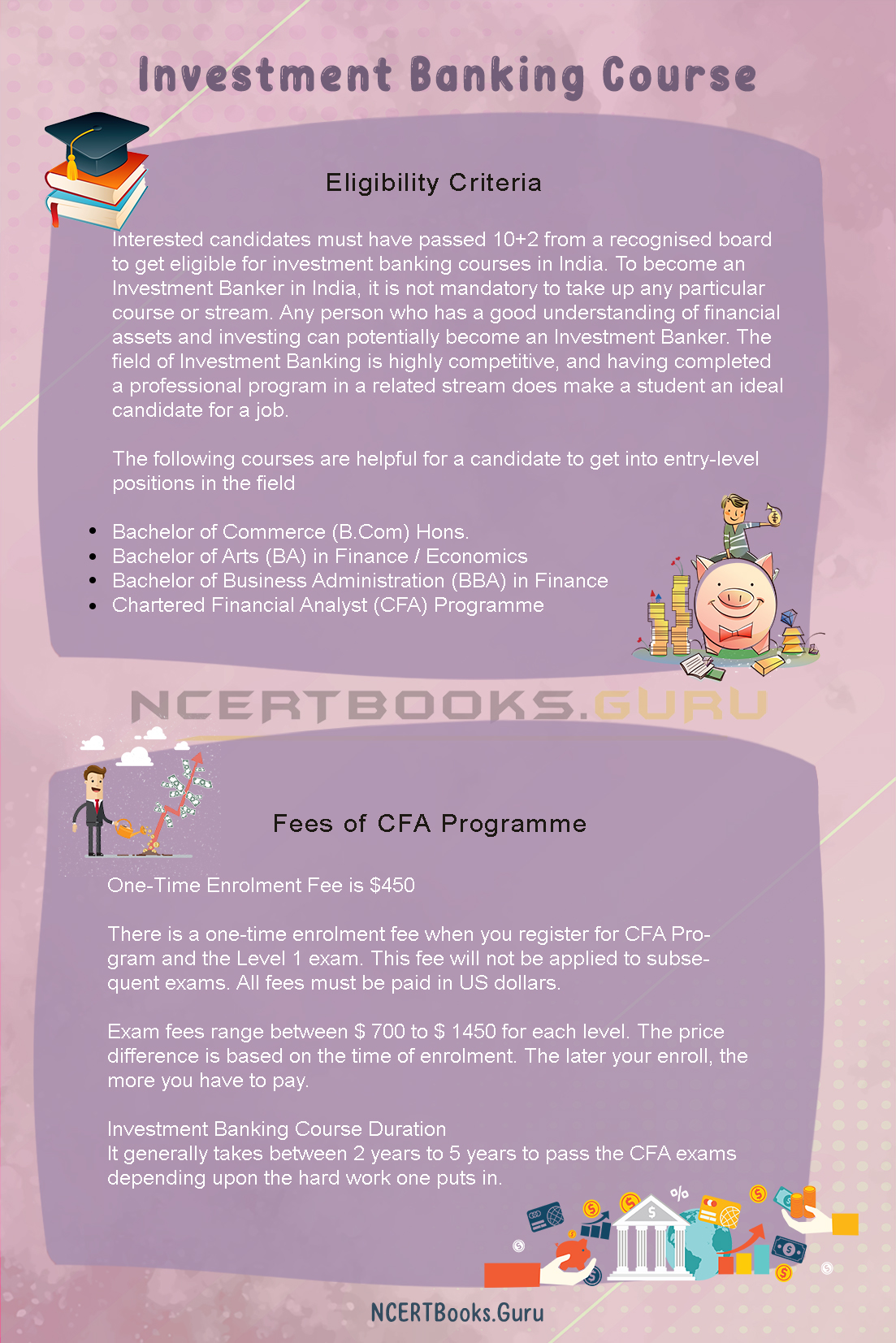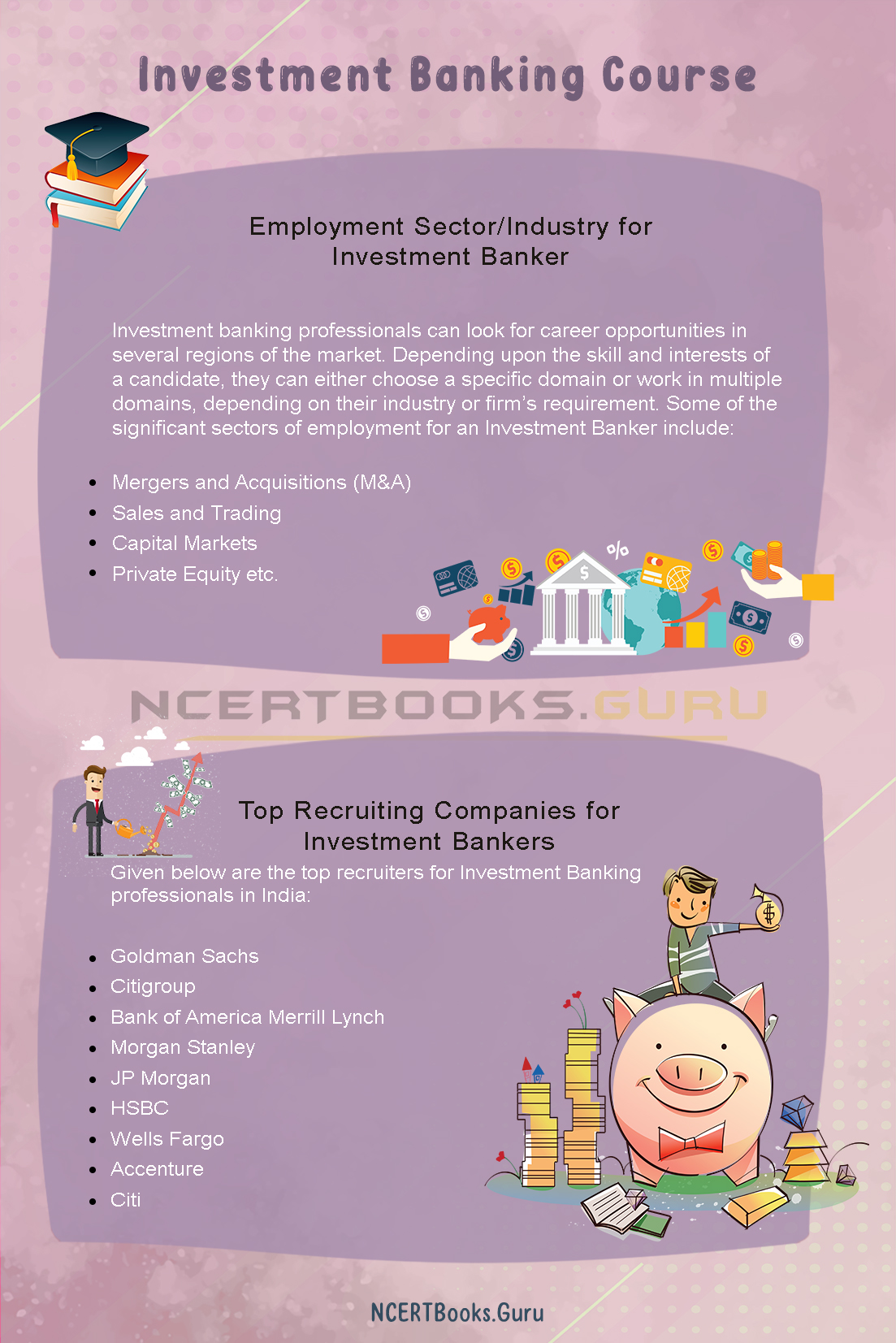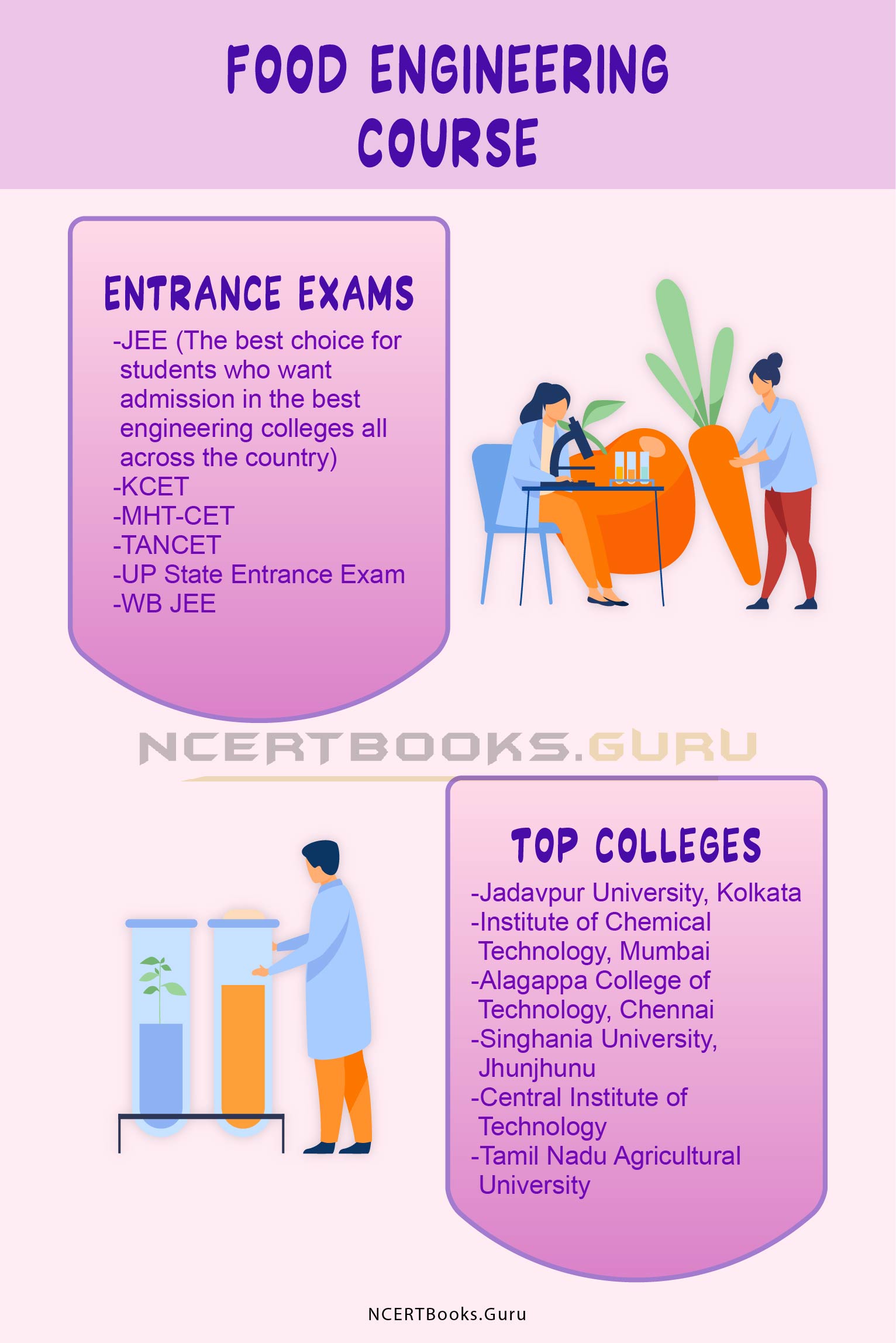IGNOU Diploma Courses The Indira Gandhi National Open University offers regular classroom programs, distance learning courses, and online class programs. IGNOU offers popular distance education programs, and those students who have completed their 10+2 education are eligible to pursue these courses.
This article provides you a list of Diploma courses offered by IGNOU as a reference for school or college work. Below are the course program’s recorded structure for aspirants to pursue after twelfth or after graduation. This report covers the overall topics like prospectus, course gradations, particulars on qualification, the confirmation process, fee structure, and vocation possibilities.
A Brief on IGNOU Diploma Courses
The Indira Gandhi National Open University is commonly referred to as the IGNOU and is a well-known educational establishment that offers distance education programs. All the Diploma course programs offered by IGNOU are career-oriented and aim to teach industry-specific skills in candidates. The courses offered by the IGNOU are divided into three primary categories- The soft skills course program, the technical course program, and the non-technical course program.
Students are allowed to choose from a wide variety of Diploma courses. Such is the volume of the academic course programs offered by the University. Technical Diploma course programs are technical- oriented subjects such as Technology and Engineering. In contrast, Non-technical subjects are related to subjects such as communication skills, soft skills, writing skills, languages, nursing, personal development, etc.
Students hailing from various academic backgrounds such as nursing professionals, high school graduates ( 8th to 10th grade passed candidates), higher secondary education graduates, undergrads, and postgrads may find the IGNOU’s list of course programs viable. This article focuses on the various Diploma course programs offered by the institution.
IGNOU Diploma Courses Details
The list of IGNOU Diploma Courses are as follows:
- Diploma in Aquaculture
- Diploma in Panchayat Level Administration & Development (DPLAD)
- Diploma in Dairy Technology
- Diploma in Early Childhood Care and Education (ECCE)
- Diploma in Women’s Empowerment and Development
- Diploma in Creative Writing in English
- Diploma in Fish Products Technology
- Diploma in Value Added Products from Fruits and Vegetables
- Diploma in Event Management (DVMT)
Diploma in Aquaculture
The Diploma in Aquaculture course program concentrates on Aqua Science. Students interest in this stream of education can pursue their careers in the field of Aquaculture and expand their knowledge on the dimension of breeding and rearing aquatic animals.
Eligibility Criteria
The eligibility criteria required for admission in this course program requires
- Candidates should have completed and passed the 10+2 or equivalent examination in any stream (either Arts, Commerce, or Science).
- The minimum mark to secure eligible candidates wanting to pursue this course is 45 percent aggregate from any recognized board or institution.
Course Duration
Diploma in Aquaculture is a 1-year to 3-year long diploma level program that focuses on Aqua Science.
Fee Structure
The annual course fee structure for Diploma in aquaculture is Rs. 7,800 per annum
Career Prospects
- The Diploma in Aquaculture course program opens myriad career prospects for students concerning the field of Aqua Science and Fisheries. Graduates can start their own business or entrepreneurship in the manufacturing process of fishes.
- Graduates have broad career prospects in Aquaculture Sciences, Processing Plants, Commercial Fish Firms, State Fishery Departments, Agricultural Universities, Research Organizations, etc. The average pay package fluctuates between INR 4 Lakh to INR 10 Lakh per annum.
Get to Know More about other types of Course Details in Streamwise, and Category wise
Diploma in Panchayat Level Administration & Development (DPLAD)
The course Diploma in Panchayat Level Administration & Development (DPLAD) addresses the tasks performed by the legislation. Also, it offers mock exercises and activities entrusted to the Panchayats for coordinated action by various development functionaries through the mode of distance learning.
Eligibility Criteria
The eligibility criteria required for admission in this course program requires
- Candidates should have completed and passed the 10+2 or equivalent examination in any stream (either Arts, Commerce, or Science).
- The minimum mark to secure eligible candidates wanting to pursue this course is 45 percent aggregate from any recognized board or institution.
Course Duration
Diploma in Panchayat Level Administration & Development (DPLAD) is a 1-year to 4-year long diploma level program.
Fee Structure
The annual course fee structure for Diploma in Panchayat Level Administration & Development (DPLAD) is Rs. 3,000 per annum
Career Prospects
- There is a considerable career scope in India as well as overseas. Graduates can work in all functional areas of government sectors like Finance, purchase, human resource development, general management, project implementation, marketing, and in all segments that are legislation based enterprises.
- The average pay package as a fresher is around INR 7,520 to INR 22,430 per month. With time, post, and experience, the package differs.
Read More Related Articles:
Diploma in Dairy Technology
Diploma in Dairy Technology is very well-noted for its production, processing, and quality control among the other sections of Engineering diplomas. This diploma course is designed for students who hold a specific interest in the path line regarding Dairy Technology and dairy-related products.
Eligibility Criteria
The eligibility criteria required for admission in this course program requires
- Candidates should have completed and passed the 10+2 or equivalent examination in any stream (either Arts, Commerce, or Science).
- Candidates who hold a BPP certificate from IGNOU are also deemed eligible to pursue this course
- The minimum mark to secure eligible candidates wanting to pursue this course is 45 percent aggregate from any recognized board or institution.
Course Duration
Diploma in Dairy Technology is a 1-year to 4-year extended diploma level program.
Fee Structure
The annual course fee structure for Diploma in Dairy Technology is Rs. 14,400 per annum
Career Prospects
- Diploma in Dairy Technology graduates is the prime recruiters in Dairy firms and farms for the processing of Dairy Products across the country. The pay package varies in the case of business ventures.
- The average salary for a fresher from Diploma in the Dairy Technology course program generally earns a pay package between Rs. 2 Lakhs to Rs. 4 Lakh yearly. However, with time, experience, post, and recruiter, the pay package gradually increases.
Diploma in Early Childhood Care and Education (ECCE)
Diploma in Early Childhood Care and Education (ECCE) is a course program that fosters knowledge and skill up-gradation for students. It equips the students to foster holistic development among young children.
Eligibility Criteria
The eligibility criteria required for admission in this course program requires
- Candidates should have completed and passed the 10+2 or equivalent examination in any stream (either Arts, Commerce, or Science).
- Candidates who hold a BPP certificate from IGNOU are also deemed eligible to pursue this course
- The minimum mark to secure eligible candidates wanting to pursue this course is 45 percent aggregate from any recognized board or institution.
Course Duration
Diploma in Early Childhood Care and Education (ECCE) is a 1-year to 4-year extended diploma level program.
Fee Structure
The annual course fee structure for the Diploma in Early Childhood Care and Education (ECCE) is Rs. 2,000 per annum
Career Prospects
- Graduates are eligible to teach the pre-primary level of students, but unlike teachers, the workload is very high. ECCE graduates are offered employment at daycare, nurseries, NGOs, Playschools, etc. They play the role of Nursery teacher, coordinators, nursery- in charge, etc.
- The average pay package offered for a fresher from this course fluctuates around 2.4 Lakh to 4.8 Lakh per annum.
Diploma in Women’s Empowerment and Development
Diploma in Women’s Empowerment and Development combines training and theoretical perspectives focusing on women’s development and empowerment.
The program’s primary aim is to equip the learner with the necessary skills and knowledge on supervisory and grassroots levels with both governmental and non-governmental programs.
Eligibility Criterion
The eligibility criteria required for admission in this course program requires
- Candidates should have completed and passed the 10+2 or equivalent examination in any stream (either Arts, Commerce, or Science).
- Candidates must hold three years of working experience as development workers at any level from a recognized institution.
- The minimum mark to secure eligible candidates wanting to pursue this course is 45 percent aggregate from any recognized board or institution.
Course Duration
Diploma in Women’s Empowerment and Development is a 1-year to 4-year extended diploma level program.
Fee Structure
The annual course fee structure for the Diploma in Women’s Empowerment and Development is Rs. 3,600 per annum
Career Prospects
- This diploma course program enables students to function as community organizers and trainers to address the gender-based issues prevailing across the country. Graduates from this course can employ NGOs and governmental organizations that engage themselves in gender planning.
- Graduates can take the role of team members, project managers, teachers and tutors, research associates, etc. The average pay package for a fresher in this field is around Rs 2 Lakh to rs. 12 lakh per annum.
Diploma in Creative Writing in English
Diploma in Creative Writing in English offers a training program that provides understanding, enhances skills and knowledge about writing. This course develops and enhances the creative ability of candidates as a freelance professional writer
Eligibility Criterion
The eligibility criteria required for admission in this course program requires
- Candidates should have completed and passed the 10+2 or equivalent examination in any stream (either Arts, Commerce, or Science).
- The minimum mark to secure eligible candidates wanting to pursue this course is 45 percent aggregate from any recognized board or institution.
Course Duration
Diploma in Creative Writing in English is a 1-year to 4-year extended diploma level program
Fee Structure
The annual course fee structure for the Diploma in Creative Writing in English is Rs. 3,800 per annum
Career Prospects
Graduates from this line, of course, get employed as authors, proofreaders, content writers, script-writers, publish, etc. They hold employment in areas such as Journalism, TV and radio, Editorial areas, etc.
The average pay scale fluctuates between ₹5000 to ₹15000 per month. However, those candidates who have a well-established benchmark can command their salary based on their work.
Diploma in Fish Products Technology
Diploma in Fish Products Technology encompasses academic and training programs to improve product diversity and production of fishes. This course program employs managerial skills and teaches about the latest technological innovations to enhance productivity on a global scale.
Eligibility Criterion
The eligibility criteria required for admission in this course program requires
- Candidates should have completed and passed the 10+2 or equivalent examination in any stream (either Arts, Commerce, or Science).
- The minimum mark to secure eligible candidates wanting to pursue this course is 45 percent aggregate from any recognized board or institution.
Course Duration
Diploma in Fish Products Technology in English is a 1-year to 4-year extended diploma level program.
Fee Structure
The annual course fee structure for the Diploma in Fish Products Technology in English is Rs. 10,800 per annum
Career Prospects
Graduates from this line, of course, can get self-employed or work at universities or consultancies. The probable employment areas include fish food companies, fish markets, universities and colleges, restaurants, etc.
Graduates can get employed as quality analysts, fish buyer executives, assistant technical manager, etc. The average pay package offered for this field is around INR 1 lakhs to 12 lakhs per annum.
Diploma in Nutrition and Health Education (DNHE)
Diploma in Nutrition and Health Education aims to develop in-depth knowledge in areas such as public health and nutrition. It also fosters awareness about the principles and concepts and their application in health education and nutrition.
Students are offered training on developmental skills in the sector of nutrition or health educators in the community
Eligibility Criterion
The eligibility criteria required for admission in this course program requires
- Candidates should have completed and passed the 10+2 or equivalent examination in any stream (either Arts, Commerce, or Science).
- The minimum mark to secure eligible candidates wanting to pursue this course is 45 percent aggregate from any recognized board or institution.
Course Duration
The overall course duration for Diploma in Nutrition and Health Education is 1 to 4-year.
Fee Structure
The annual course fee structure for the Diploma in Nutrition and Health Education is Rs. 2,000 per annum
Career Prospects
After Diploma in this course, graduates can develop jobs in many health organizations. They get employment opportunities in the field of nutrition and new product development to other related roles in supply chain management, logistics, purchasing, and distribution.
Some of the job roles occur within the industry and also within governmental sectors and local authority sectors such as food inspection departments. The average salary fluctuates between INR 2 Lakhs to INR 10 Lakhs per annum.
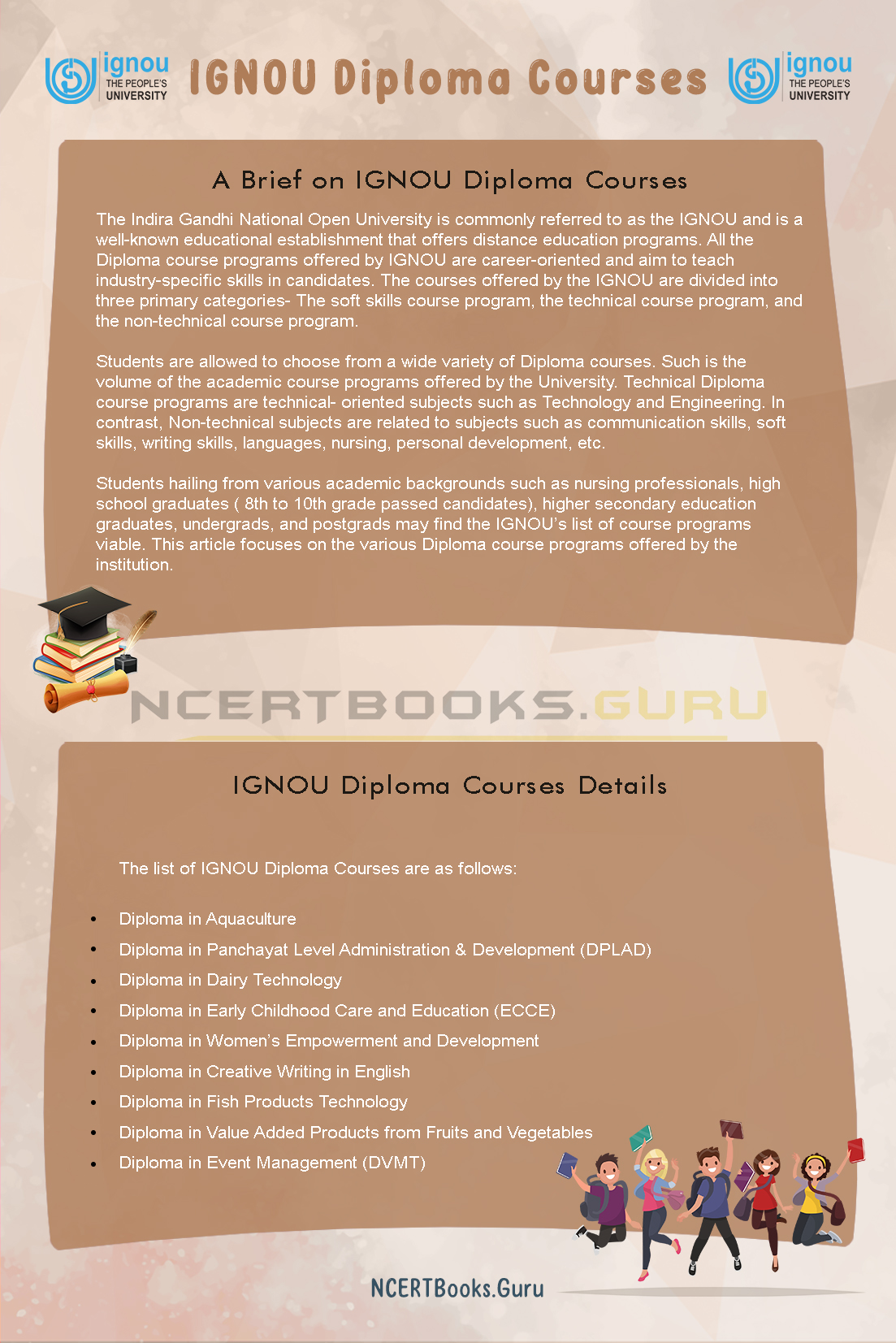
Diploma in Value Added Products from Fruits and Vegetables
This diploma course program aims to develop and deliver competent human resources in fruit and vegetable post-harvest management. It inculcates entrepreneurial and vocational skills among the marginalized and rural sections of the society.
It aims to address the workforce’s self-employment, production of value-added products, and the up-gradation of knowledge and skills.
Eligibility Criterion
The eligibility criteria required for admission in this course program requires
- Candidates should have completed and passed the 10+2 or equivalent examination in any stream (either Arts, Commerce, or Science).
- The minimum mark to secure eligible candidates wanting to pursue this course is 45 percent aggregate from any recognized board or institution.
Course Duration
The overall course duration for Diploma in Value Added Products from Fruits and Vegetables is for 1 to 4-year.
Fee Structure
The annual course fee structure for the Diploma in Value Added Products from Fruits and Vegetables is Rs. 14,400 per annum
Career Prospects
- The career scope in this field encompasses vast opportunities like a supervisor, procurer, technician, supplier, etc. Employment layoffs in areas such as food processing, marketing functions, quality control, value-added manufacturing products, etc. hold an enormous career scope.
- Graduates can start their own business as fruit juices shop owners and value-added products shops such as jams, jelly, sauce, pickles, etc. They can even play the role of a supplier in different retail markets.
- The average pay package ranges from INR 2 lakhs to INR 10 lakhs per annum.
Diploma in Event Management (DVMT)
This diploma course offers a professional program whose main objective is to equip students with skills and knowledge about the rapidly growing industry of event management.
Eligibility Criterion
The eligibility criteria required for admission in this course program requires
- Candidates should have completed and passed the 10+2 or equivalent examination in any stream (either Arts, Commerce, or Science).
- The minimum mark to secure eligible candidates wanting to pursue this course is 45 percent aggregate from any recognized board or institution.
Course Duration
Diploma in Event Management is a 1-year to 3-year extended diploma level program.
Fee Structure
The annual course fee structure for the Diploma in Event Management is Rs. 8,000 per annum
Career Prospects
The employment sector encompasses the hospitality sector and is specific in its field, where primarily aims to plan and execute events precisely. The salaries and remuneration process for specific jobs are particular and are bound by substantial factors correlating to each other. The average salary fluctuates around INR 3 Lakhs to 4 Lakhs per annum, depending on the job profile.
FAQ’s on IGNOU Diploma Courses
Question 1.
What scope do the diploma courses offered at IGNOU hold?
Answer:
The value of graduation from IGNOU has a high-value than that of any other colleges. However, IGNOU is affiliated with UGC and AICTE that provide an extra layer as graduates are all eligible for government jobs.
Question 2.
What are the different course categories offered by IGNOU for Diploma courses?
Answer:
IGNOU offers the following course types- Technical Diploma course programs are technical- oriented subjects such as Technology and Engineering. In contrast, Non-technical subjects are related to subjects such as communication skills, soft skills, writing skills, languages, nursing, personal development, etc.
Question 3.
What is the eligibility requirement for a candidate to apply at IGNOU?
Answer:
The eligibility criteria differ for every diploma course. However, the standard criteria to be met by applicants are
- Candidates should have completed and passed the 10+2 or equivalent examination in any stream (either Arts, Commerce, or Science).
- The minimum mark to secure eligible candidates wanting to pursue this course is 45 percent aggregate from any recognized board or institution.
Summary
We hope that the information mentioned above regarding IGNOU Diploma Courses has helped improve your understanding of the subject with in-depth knowledge.
